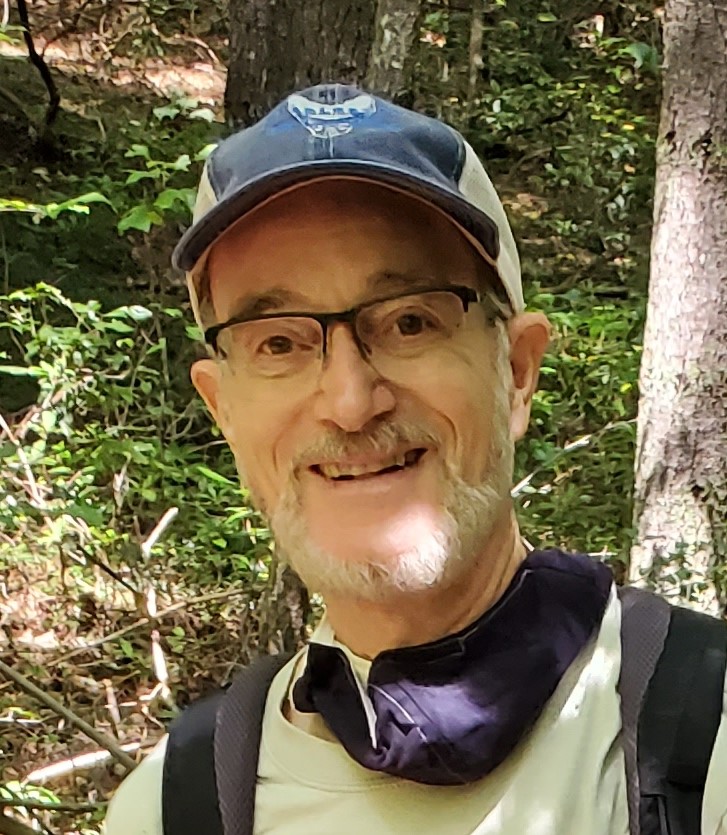I’ve spent my life studying, recreating and working professionally in natural plant communities in the Southeast, from the mountains to the coast. My botany professor at the University of South Carolina fired my passion for wild plants and brought our class up to the mountains for several backpack field trips. I immediately became excited by the diversity of plant species here and the mountain geology.
Soon after moving here in 1996, I eagerly accepted the ecologist position with the Western North Carolina Alliance, now MountainTrue. I’ve worked as a forest ecologist in our region for 23 years, protecting healthy plant communities and restoring many that suffered from poor management.
Through all of those years, I’ve had the pleasure to work with many like-minded people, from students to retirees, as well as partner conservation organizations and natural resource scientists in the U.S. Forest Service, National Park Service, state forest and wildlife agencies and universities. All have inspired me, especially the numerous young people who have interned with us or served terms as MountainTrue AmeriCorps staff on their way toward pursuing conservation careers.
In my post-college experience within the landscape industry, I planted many nonnative ornamentals, which were found in later decades to be invading natural plant communities and displacing native species. I knew my landscaping experience would serve me well in seeking solutions to this new problem, so since 2000, I’ve focused on controlling them in rare mountain ecosystems.
The greatest hurdles in this work have been educating the public in how our plants, pollinators and terrestrial wildlife are being harmed by nonnative invasive plants, and in convincing retailers to stop selling such species. The public is increasingly demanding that only native species are sold, which is hopeful. Continued education and public pressure can have a major impact. The goal is for plant retailers and their suppliers to focus on growing and selling the many wonderful native trees, shrubs and wildflowers that belong in our Western North Carolina mountains!
— Bob Gale
Ecologist and public lands director
MountainTrue
Asheville




Before you comment
The comments section is here to provide a platform for civil dialogue on the issues we face together as a local community. Xpress is committed to offering this platform for all voices, but when the tone of the discussion gets nasty or strays off topic, we believe many people choose not to participate. Xpress editors are determined to moderate comments to ensure a constructive interchange is maintained. All comments judged not to be in keeping with the spirit of civil discourse will be removed and repeat violators will be banned. See here for our terms of service. Thank you for being part of this effort to promote respectful discussion.